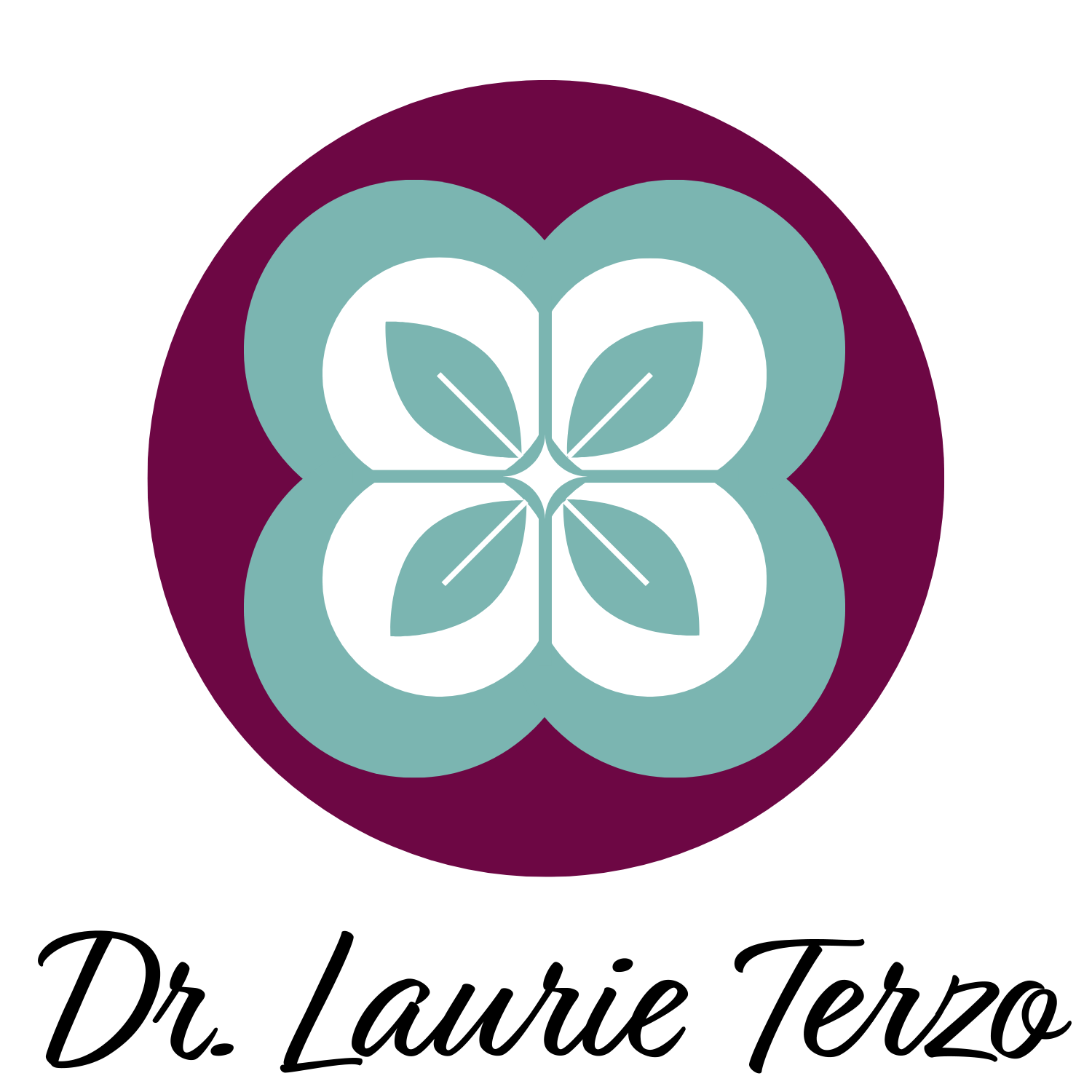Coffee - Who can drink it and who should avoid it? Part 1
by Dr. Laurie Terzo, DAOM, L.Ac., FABORM
Coffee is one of those things - you either love it or hate it. You know if you like the taste or not (or if it’s just a reason to drink sugar and cream). You know how it makes you feel (i.e. your gut, your mind, etc.).
Not to mention the crazy headlines that say coffee is great, and then the next day that you should avoid it!
There is actual science behind why different people react differently to it. It's a matter of your genetics and how much coffee you're used to drinking.
NOTE: Coffee does not equal caffeine. Coffee contains between 50-400 mg of caffeine/cup, averaging around 100 mg/cup. Coffee is one of the most popular ways to consume this stimulant. But… a cup of coffee contains a lot of things over and above the caffeine. Not just water, but antioxidants, and hundreds of other compounds. These are the reasons for drinking a cup of coffee is not the same as taking a caffeine pill. And decaffeinated coffee has a lot less caffeine; but, it still contains some.
Let's look at caffeine metabolism, its effects on the mind and body, and whether coffee drinkers have higher or lower risks of disease. Then, in pt. 2 of this article, I’ll give you some things to consider when deciding if coffee is for you or not, especially if you’re a woman.
Caffeine Metabolism
Not all people metabolize caffeine at the same speed. How fast you metabolize caffeine will impact how you’re affected by the caffeine. In fact, caffeine metabolism can be up to 40x faster in some people than others.
About half of us are “slow” metabolizers of caffeine. We can get jitters, heart palpitations, and feel "wired" for up to 9 hours after having a coffee. The other half is "fast" metabolizers of caffeine. They get energy and increased alertness and are back to normal a few hours later.
In addition, there are other lifestyle factors which may contribute to how we metabolize coffee. For example, the half-life of caffeine is doubled in women taking oral contraceptives (meaning the caffeine is in their system for a longer period of time), while the half-life of caffeine in smokers is shorter than non-smokers.
This is part of the reason those headlines contradict each other so much - because we’re all different!
The effects of coffee (and caffeine) on the mind and body
NOTE: Most studies look at caffeinated coffee, not decaf.
The effects of coffee (and caffeine) on the mind and body also differ between people; this is partly from the metabolism I mentioned. But it also has to do with your body’s amazing ability to adapt (read: become more tolerant) to long-term caffeine use. Many people who start drinking coffee feel the effects a lot more than people who have coffee every day.
Here’s a list of these effects (some of these usually decrease with long-term use):
Stimulates the brain
Boosts metabolism
Boosts energy and exercise performance
Increases your stress hormone cortisol
Dehydrates
Stomach and small intestine irritant
Relaxes esophageal sphincter
Stimulates intestinal peristalsis (similar to a laxative)
Can aggravate ulcers, gastritis, irritable bowel syndrome, Crohn’s disease
Can promote the release of stress hormones
Can lead to improperly digested food (because it promotes swift movement of food through the stomach and into the small intestines before it is broken down)
Here’s a quick summary of what health conditions drinking coffee may lead to:
Caffeine addiction and withdrawal symptoms (e.g. a headache, fatigue, irritability)
Increased sleep disruption
Lower risk of Alzheimer's and Parkinson's
Lower risk of developing type 2 diabetes
Lower risk of certain liver diseases
Lower risk of death (“all-cause mortality")
Mixed reviews on whether it lowers risks of cancer and heart disease
Acid reflux, heartburn
Anxiety, palpitations
Many of these effects exist even for decaf coffee (except the caffeine addiction, anxiety/palpitations, and sleep issues).
NOTE: What’s super-important to know here though is that coffee intake is just one of many, many factors that can affect your risks for these diseases. Please never think regular coffee intake is the one thing that can help you overcome these risks. You are health-conscious and know that eating a nutrient-rich whole foods diet, reducing stress, and getting enough sleep and exercise are all critical things to consider for your disease risk. It’s not just about the coffee.
So, while some of these effects are good and some aren’t, overall it sounds positive, right?
Stay tuned for Part 2 of this article for the answer as to whether coffee has a positive or a negative effect on women.
~~~~~~
Are you a woman trying to get pregnant and looking for more personalized guidance and support into natural ways to increase your fertility? Book a FREE Fertility Audit call with a member of our team here.

